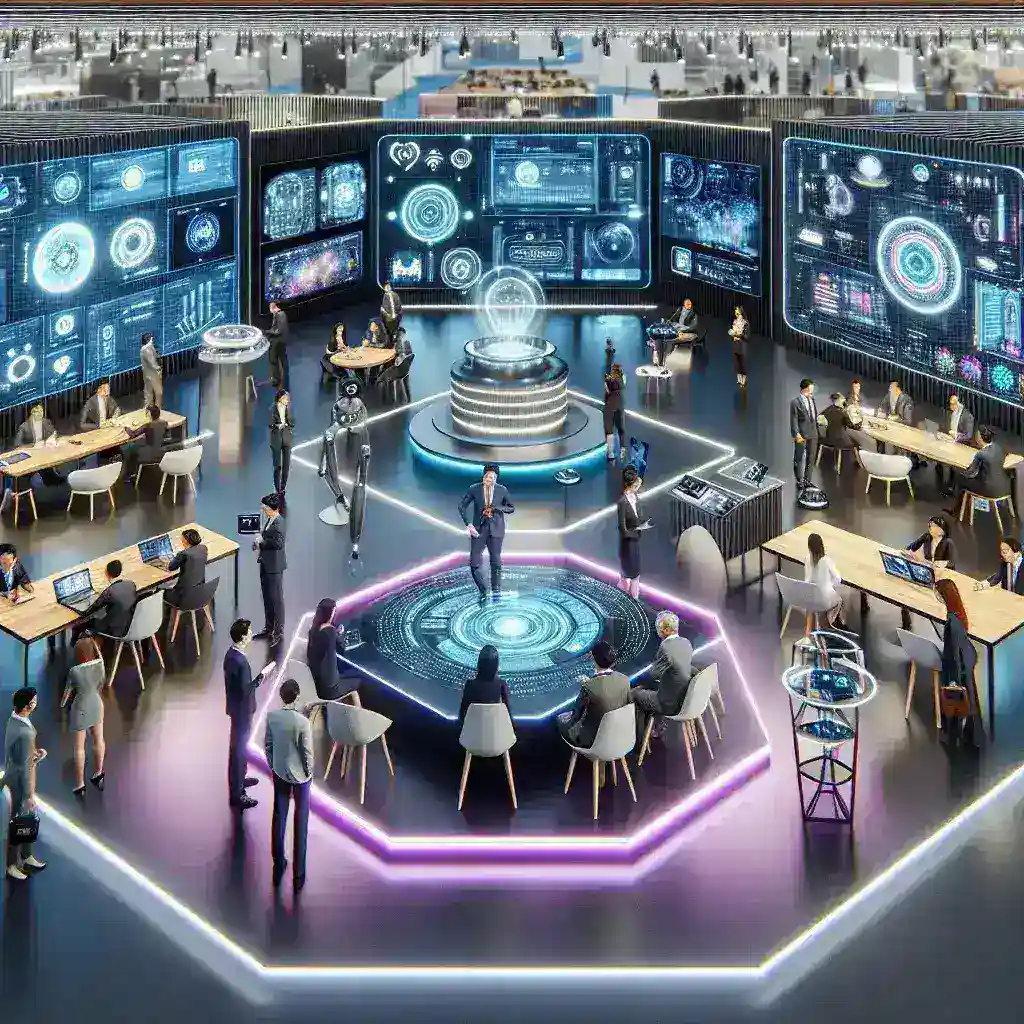Introduction
The Consumer Electronics Show (CES) 2025 once again became the global stage for unveiling cutting-edge technologies. Among the highlights, AI-powered devices took center stage, sparking a vigorous debate over their practicality and real-world applications. This article delves into the various perspectives surrounding these innovations, examining their potential benefits and the challenges they face.
The Rise of AI-Powered Devices
Artificial Intelligence (AI) has permeated numerous aspects of our lives, from virtual assistants to autonomous vehicles. At CES 2025, manufacturers showcased a plethora of AI-driven gadgets, promising enhanced user experiences and unprecedented functionality.
Innovations Unveiled
- Smart Home Systems: Advanced AI integration allows for seamless control and automation of household appliances, improving efficiency and convenience.
- Healthcare Devices: AI-powered wearables and diagnostic tools aim to revolutionize personal health monitoring and medical diagnostics.
- Entertainment Gadgets: Intelligent gaming consoles and augmented reality devices provide immersive and personalized entertainment experiences.
The Debate: Practicality vs. Hype
Despite the excitement, skepticism surrounds the practicality of these AI-powered devices. Critics argue that many products are more hype than substance, questioning their real-world applicability and value.
Advantages of AI-Powered Devices
Proponents highlight several key benefits:
- Efficiency: AI can optimize tasks, saving time and reducing human error.
- Personalization: Devices can learn user preferences, offering tailored experiences.
- Innovation: AI fosters the development of new functionalities and applications previously unimaginable.
Challenges and Concerns
On the flip side, several challenges impede the widespread adoption of AI-powered devices:
- Cost: High development and production costs can make these devices expensive for consumers.
- Privacy: AI devices often require extensive data collection, raising concerns about data security and user privacy.
- Reliability: Dependence on AI can lead to reliability issues, especially if systems fail or malfunction.
Expert Opinions
Industry experts weigh in on the debate, offering nuanced perspectives:
“AI-powered devices hold immense potential, but their success hinges on addressing privacy concerns and ensuring affordability,” says Dr. Emily Zhang, a technology analyst.
“While the innovations are impressive, many devices still require refinement to meet everyday practical needs,” adds John Martinez, a consumer electronics reviewer.
Future Predictions
Looking ahead, the trajectory of AI-powered devices appears promising yet uncertain. Advances in technology may overcome current limitations, making these devices more practical and accessible. However, the pace of innovation must align with ethical considerations and user-centric design to achieve widespread acceptance.
Potential Developments
- Enhanced Interconnectivity: Future devices may offer seamless integration across various platforms and ecosystems.
- Improved AI Algorithms: More sophisticated AI could lead to smarter, more autonomous devices.
- Cost Reduction: As technology matures, production costs are likely to decrease, making AI devices more affordable.
Conclusion
The debate over the practicality of AI-powered devices showcased at CES 2025 underscores the complex interplay between innovation and real-world application. While the potential benefits are substantial, addressing the associated challenges is crucial for these technologies to realize their full promise. As AI continues to evolve, ongoing discourse and critical evaluation will shape the future landscape of consumer electronics.

